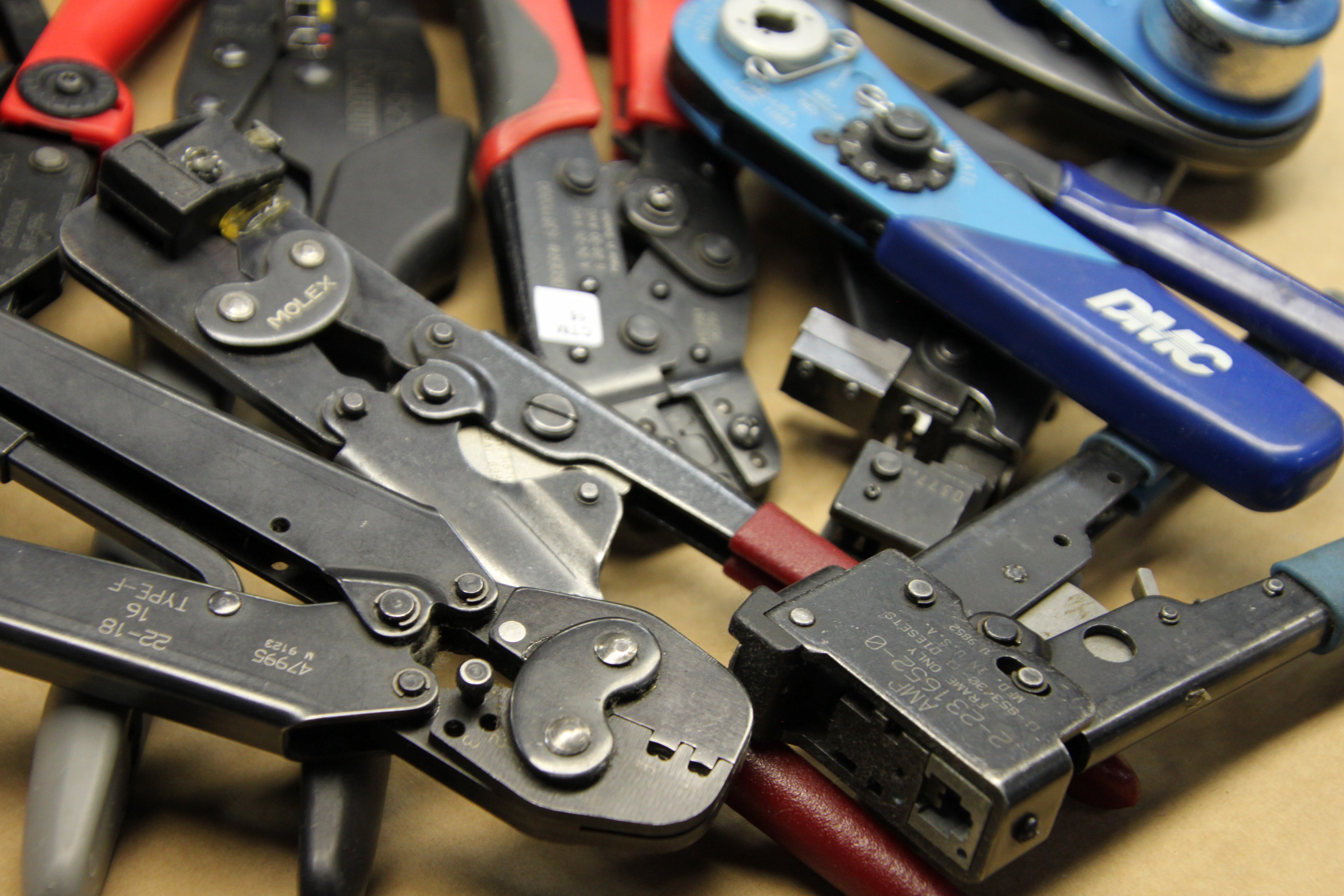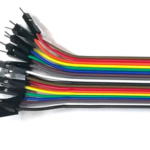We live in an age of rapidly increasing automation. Tasks that we once thought would always be done by hand are now being completed by specialized tools, systems, and robots in a fraction of the time and with incredible accuracy. For that reason, it may seem that craftsmanship is something that is no longer needed, especially in a manufacturing or production environment where a task like crimping cable for use in a cable assembly can be partially or fully automated.
Fortunately for individuals who take pride in the physical skills they have developed on the job, there is still a space for artisans in the mechanized and computerized world of the 21st century. Merriam-Webster provides two definitions for the term “craftsman.” The first is simply “a worker who practices a trade or handicraft.”
The second, however, gets to the heart of why craftsmanship still matters in explaining that a craftsman is “one who creates or performs with skill or dexterity especially in the manual arts.” While automated tools and devices can be programmed to operate with incredible accuracy (and we use many such tools and devices at Rapport), they can’t be said to operate with skill or dexterity.
Crimping Cable and Stripping Wire: The Evolution of Essential Production Processes
Crimping cable is the process of joining wires to metal fittings without the use of solder. From the strength of a joint to the ability to affix fittings to wire with a wide range of cross-section sizes, proper crimping is a crucial capability in production operations where wires are used, such as in the case of building a cable assembly.
In the “old days,” all crimping was done by hand. Later, technology advanced to the point where the action was performed using a hand tool and a crimp machine. Then finally, a fully automated crimping process was developed.
The same evolution has taken place with wire stripping, which is the removing of insulation from a section of wire so that the wire itself is exposed. Wires used to be stripped by a person with a keen eye and a sharp knife. Then wire stripping tools were developed, and today, wire stripping machines are widely used.
When production volumes are high and/or time is short, automated crimping and stripping tend to be the most effective approach. However, in other instances there simply is no substitute for the skill of a team member who has experience in performing these operations manually. For example, hand crimping is performed when we don’t have an applicator or the production volume is low. Wire is stripped by hand when the diameter is too large for the machine or when a fully assembled project has wires that must have insulation removed.
In each case, the person handling the task must not only know what to do, but how to do it, to ensure that the wire isn’t damaged in the process. And the “how” isn’t something you read in a book or learn from watching a YouTube video. It’s all about muscle memory from having performed the operation many, many times. What’s the proper angle? How much pressure must be applied to attach the terminal or cut through the wire? Only someone who has achieved a sufficiently high level of craftsmanship can proceed with confidence.
Employee Retention Equals Skills Retention
In order for craftsmanship to flourish, a company must have experienced employees who choose to stay with the organization and share their skills and expertise with others. At Rapport, we’re fortunate to have a very high employee retention rate and many dedicated, unofficial mentors.
As a result, our employees have skill sets that are both broad and deep. Not only can they operate highly automated machinery, they can also perform critical operations by hand. This flexibility allows us to handle both high-volume production runs and small special orders with ease, and it gives team members a strong sense of competence and accomplishment.
Craftsmanship is alive and well at Rapport, and it benefits our employees as much as it does our customers!
Our full-service facility outside of Denver can take your cable assembly from prototype to final packaging, quickly, cost-effectively, and with exceptional craftsmanship. Contact Rapport, Inc. today to get answers to all of your questions about cable assemblies!





